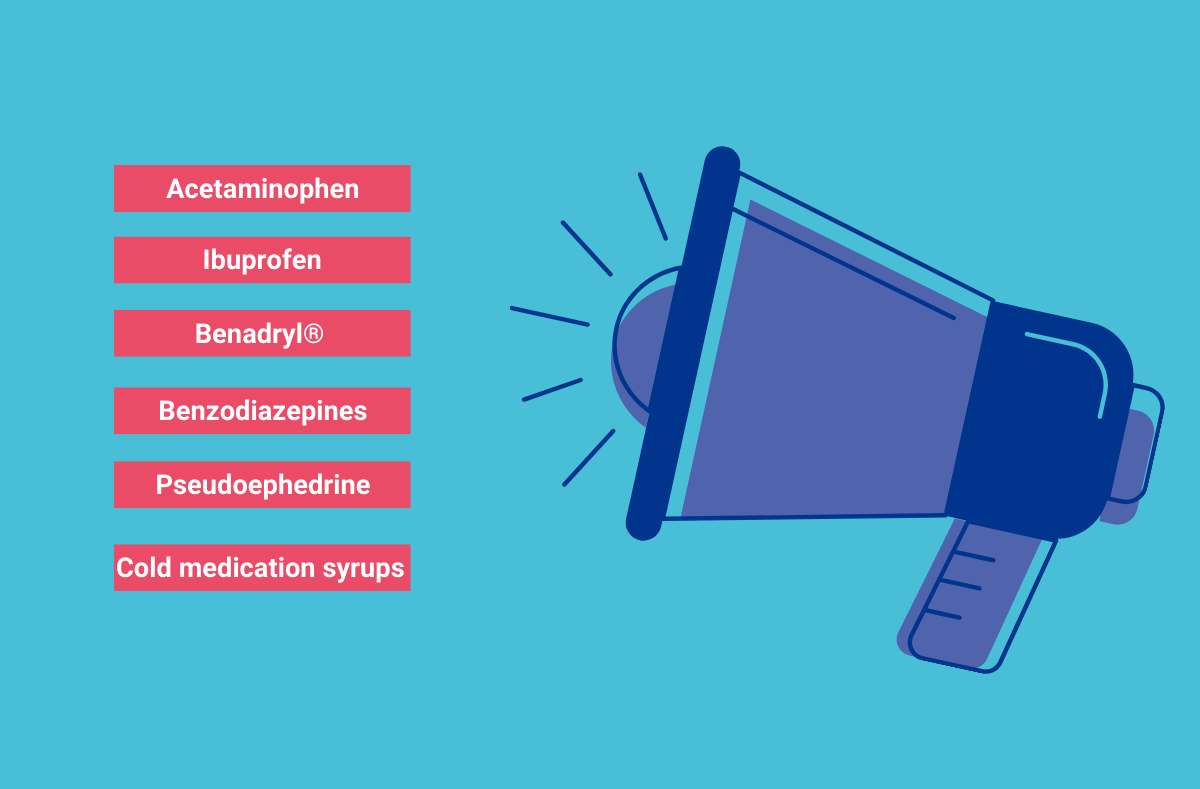
6 human meds dangerous for your cat
As a pet owner, it’s easy to become worried about your cat’s health and you’d do anything to help them feel better. You have to be very careful what type of medication you give to your cat (it should be based exclusively on your vet’s indications), as many of the meds that help us are very dangerous for them.
Acetaminophen (also known as Paracetamol, Tylenol)
Cats cannot metabolize acetaminophen and for that it builds up in the blood.
It then grabs onto the surface of your cat’s red blood cells in the spots normally used to carry oxygen to the tissues.
Cats given Acetaminophen die a slow and painful death as their cells slowly suffocate. This drug is an absolute NEVER drug for cats.
Ibuprofen
This is a first choice among humans to manage everything from headaches to joint pain.
But for cats, it’s a whole different story as they are more sensitive to the side effects from this class of medications. Ibuprofen administration can cause vomiting, diarrhea, gastric erosion, and even damage to the kidneys.
There is never going to be a case where you should medicate your cat at home with Ibuprofen.
Benadryl® (diphenhydramine)
Used as an antihistaminic agent and in the treatment for insomnia in humans, this substance became a panacea to help with symptoms from itching to insomnia. Although diphenhydramine is generally considered safe, it might not do much for your cat except make her sleepy (and cannot be consistently expected to even do that).
Benzodiazepines
This type of medication is used for anxiety reduction in humans. Valium, Klonopin, and Xanax are examples of benzodiazepines used in humans. This type of medication is sometimes used in cats, as well. However, benzodiazepines can cause serious liver failure in some cats, and it isn’t always possible to predict which individuals will be affected in this way. You should never give any benzodiazepine to your cat without the direction of your veterinarian.
Pseudoephedrine
This medication is used as a decongestant in people and is present in a large number of cold and flu formulations for people. Pseudoephedrine causes increased heart rate, agitation, increased blood pressure, and hyperthermia (high body temperature) in cats.
Children’s cough or cold medication syrups.
Some of these medications have artificial sweeteners that could be very toxic to pets. Avoid these unless your vet has given you specific instructions for which and what dose.
Cats are not small humans or even small dogs, even though they may act like it sometimes. Do not be tempted to try to manage issues with at-home medications.
Let your vet help you address whatever symptom you may be trying to treat with a medication that is proven to be safe and effective.
How Can You Protect Your Cat?
Always keep all medications in a secure area that your cat can’t access.
Keep your pet’s prescribed medications in a different spot from your prescribed and over-the-counter medicines.
Never, ever give human medication to your cat without checking with your veterinarian first
If you believe your cat has eaten any type of human medication, call your veterinarian or book a video consultation from the app!






